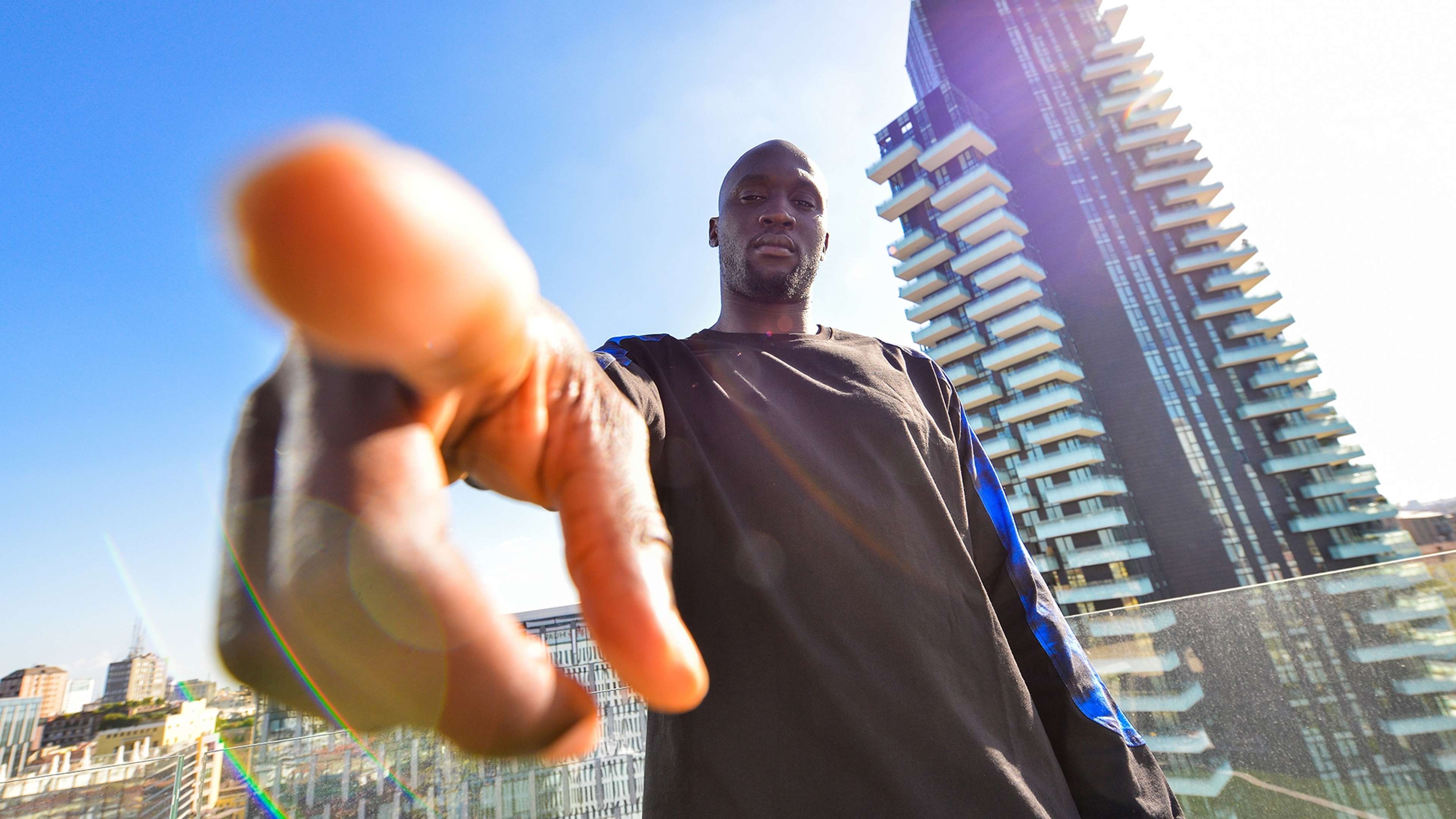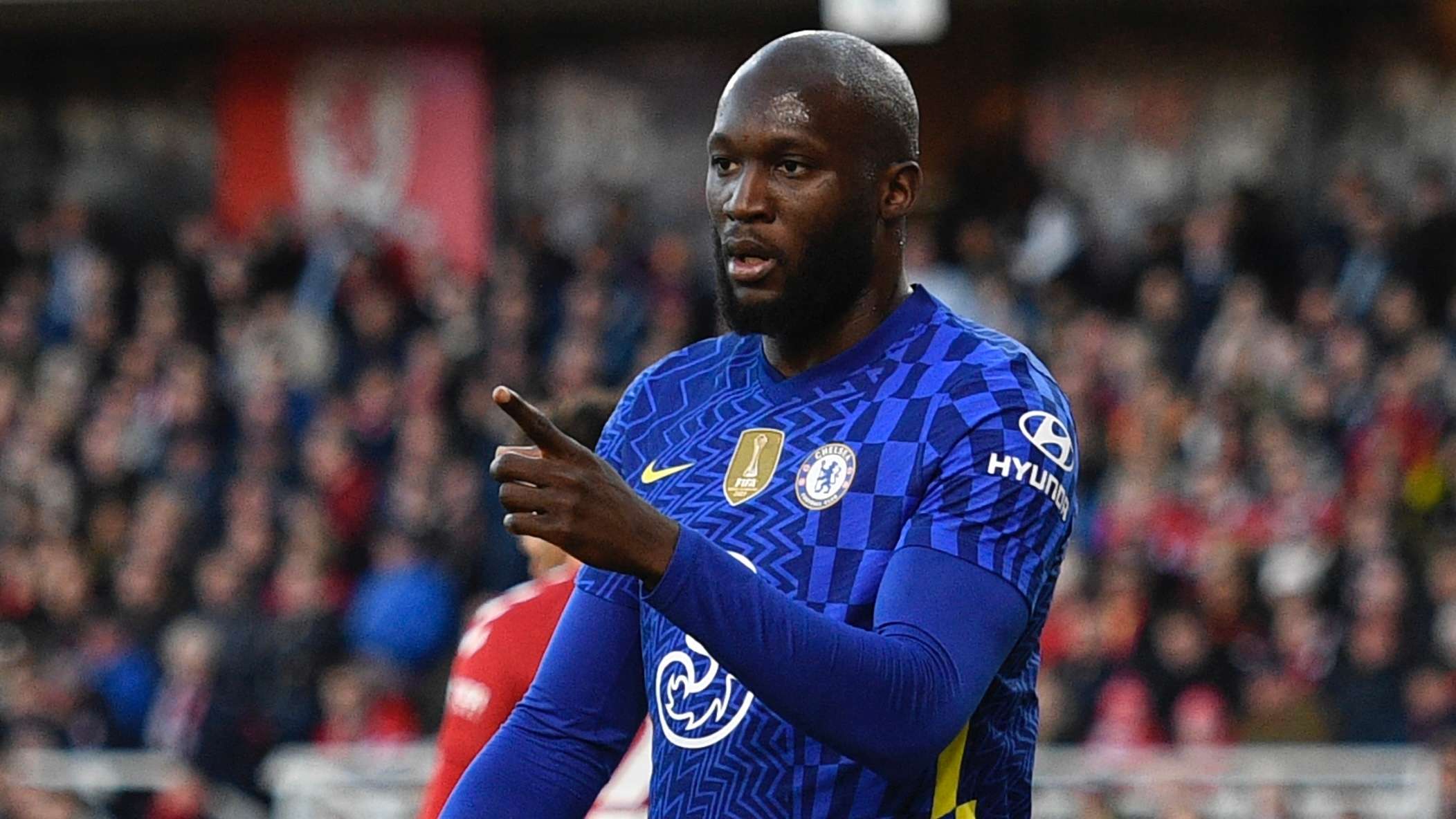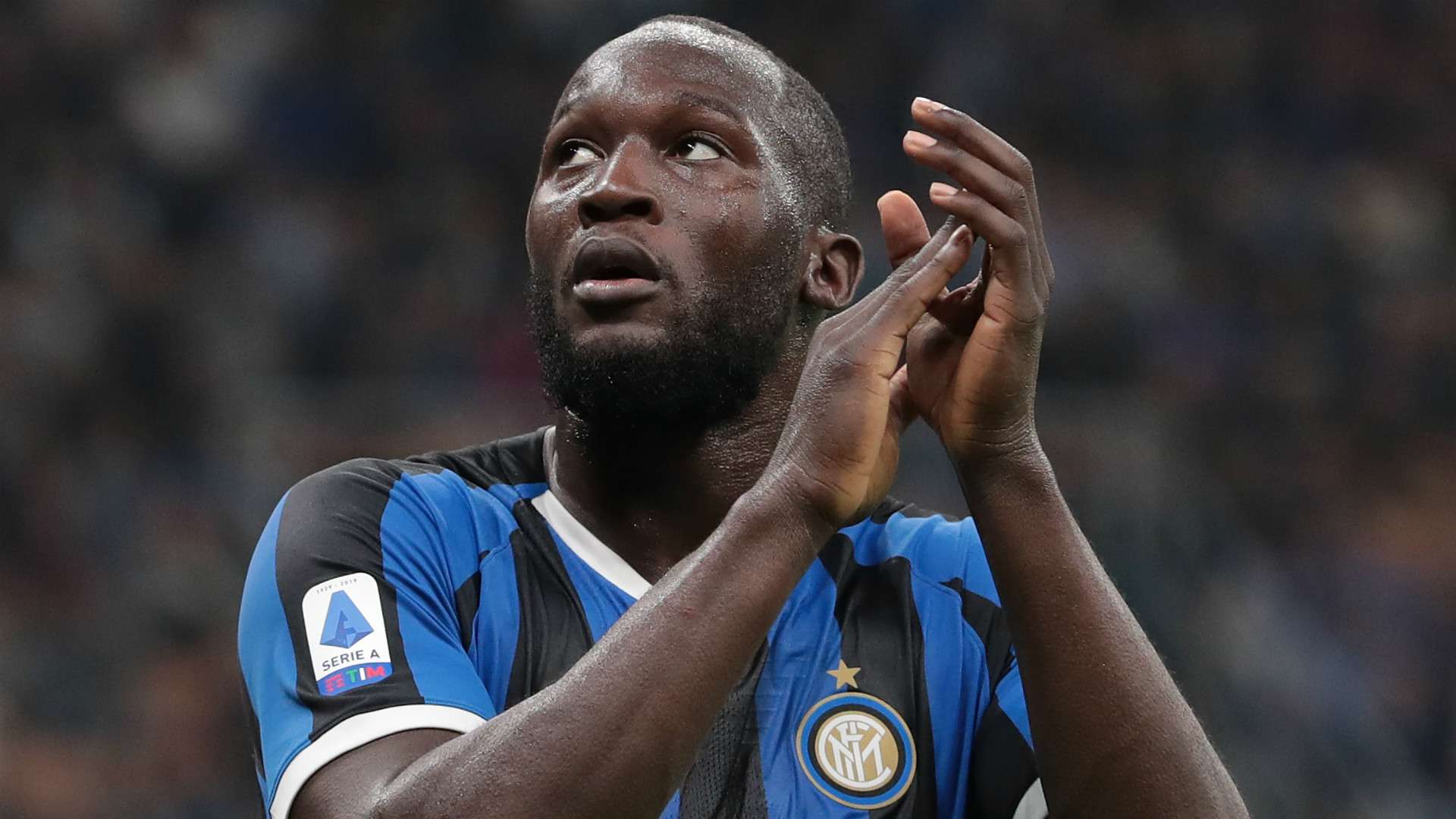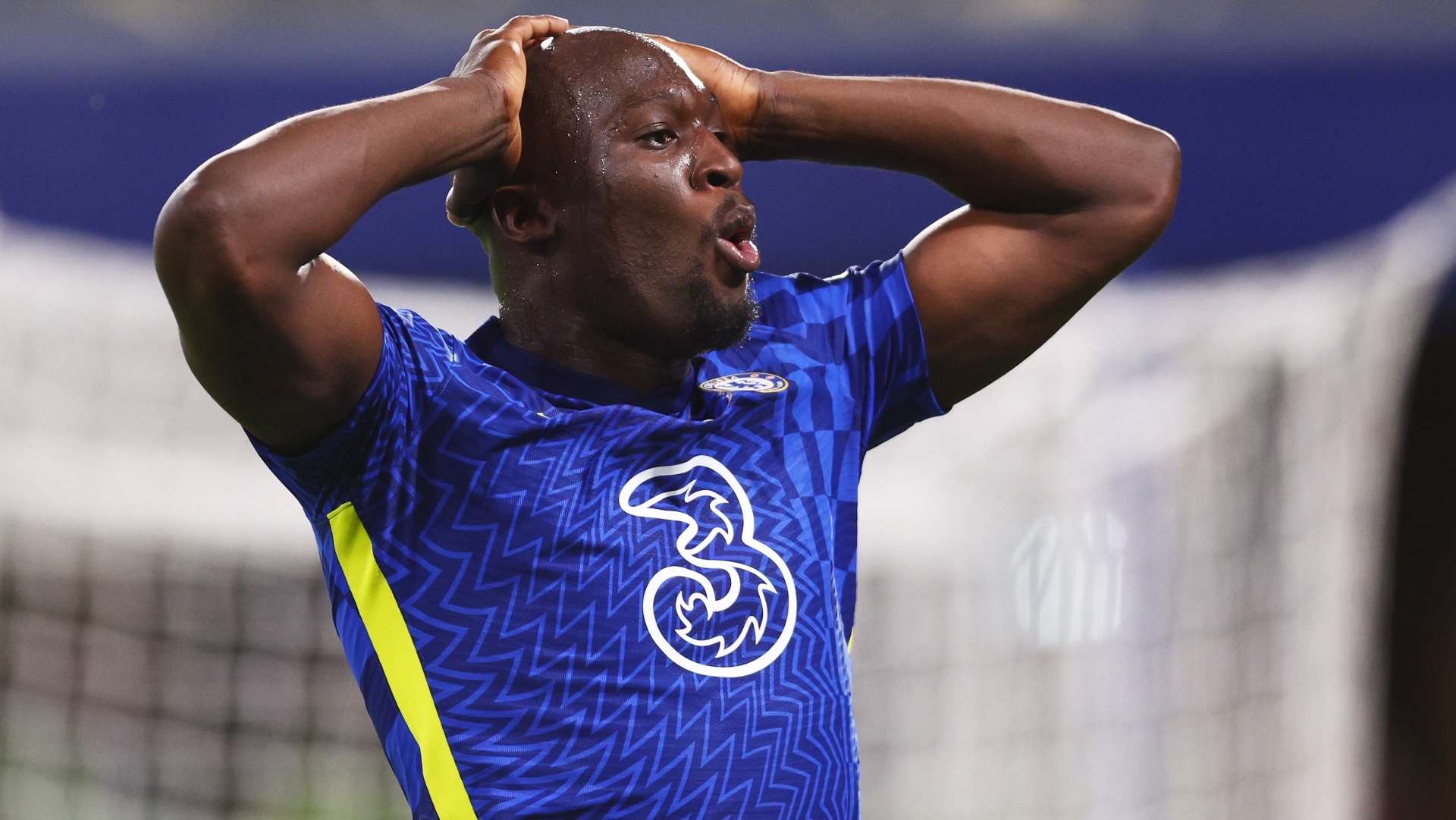Covid-19 brutally exposed the fragile nature of football's financial model.
At the height of the pandemic, when wealthy Premier League clubs were availing of a government furlough scheme, a financial expert familiar with the accounts of several members of Europe's elite told GOAL, "From a business perspective, these clubs have always run very close to the wire in terms of the availability of cash. That has long been standard practice across the industry.
"But I don't know why that is. They don't need to, because there is an easy way out of that model and, to be frank, it's to stop paying the players so much bloody money!"
The financial crisis caused by Covid-19, then, offered a gilt-edged chance for everyone to take stock and implement meaningful change. That opportunity was not taken, as Kylian Mbappe's pay rise recently underlined.
Of course, the forward's employers, Paris Saint-Germain, were barely affected by the pandemic. Cash flow is not a concern for those clubs who have access to bottomless wells of oil money.
It is a major issue, though, for the likes of Real Madrid and Barcelona, who have been trying desperately to keep up with state-backed sides such as PSG and Manchester City over the past decade.
Rather than practice prudence, the old order have fought fire with fire, resulting in ridiculous, ever-increasing transfer fees and obscene player wages.
Inter have been far less reckless than some of their traditional rivals but the club's owners, Suning Group, pumped approximately €600m (£520m/$730m) into the club in just five years and were utterly ill-equipped to deal with the fallout from the pandemic-related economic crash.
Inter, along with so many other sides, most notably Barca, were thus hit far harder than they should have been by Covid-19, and paid a heavy price for living beyond their means.
Indeed, Antonio Conte knew his title-winning side was going to be stripped of at least two of its most important players, which is why he walked long before the sales of Achraf Hakimi and Lukaku.
It is also extremely telling that despite banking approximately €180m (£155m/$188m) from those two deals, Inter still need to balance the books.
They now have to sell another valuable asset this summer, most likely centre-back Milan Skriniar (to PSG, inevitably), underlining the gravity of their ongoing financial problems.
Inter's issues should serve as a warning to other clubs of the perils of failing to plan for rainy days, but it'll likely be ignored.
Instead, they'll probably all just continue to view the European Super League as an easy solution to their self-inflicted problems...







